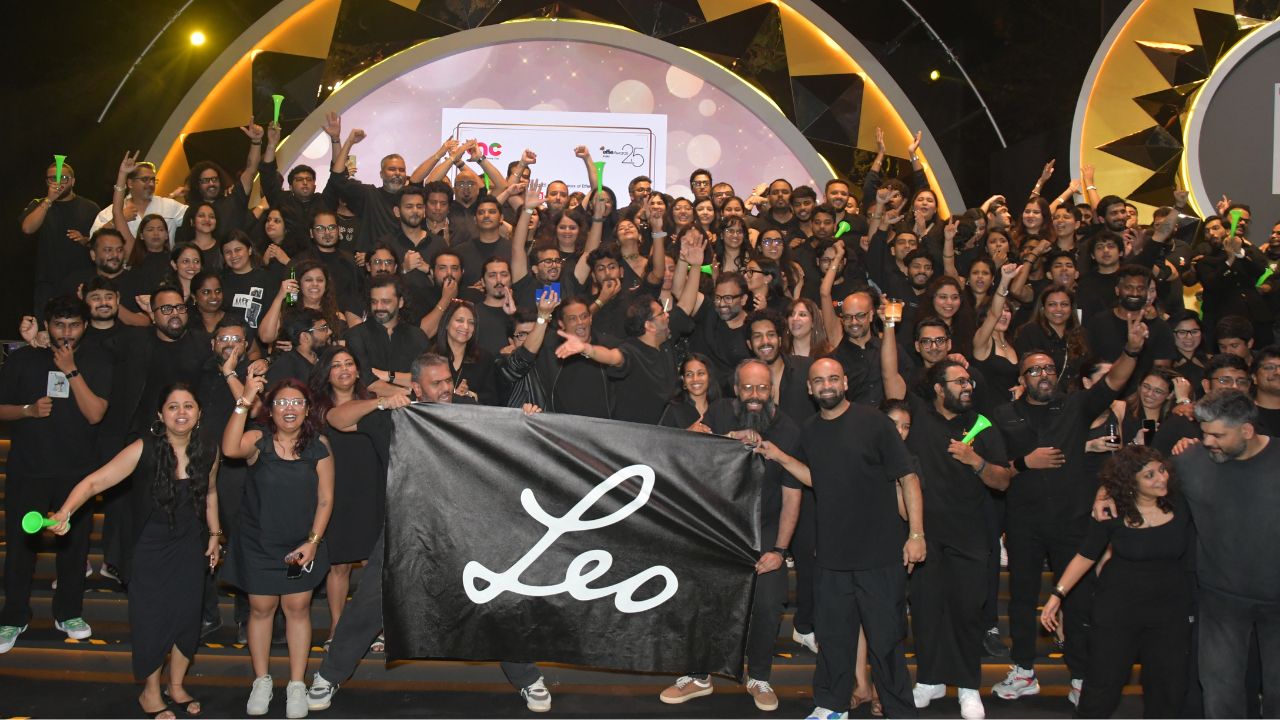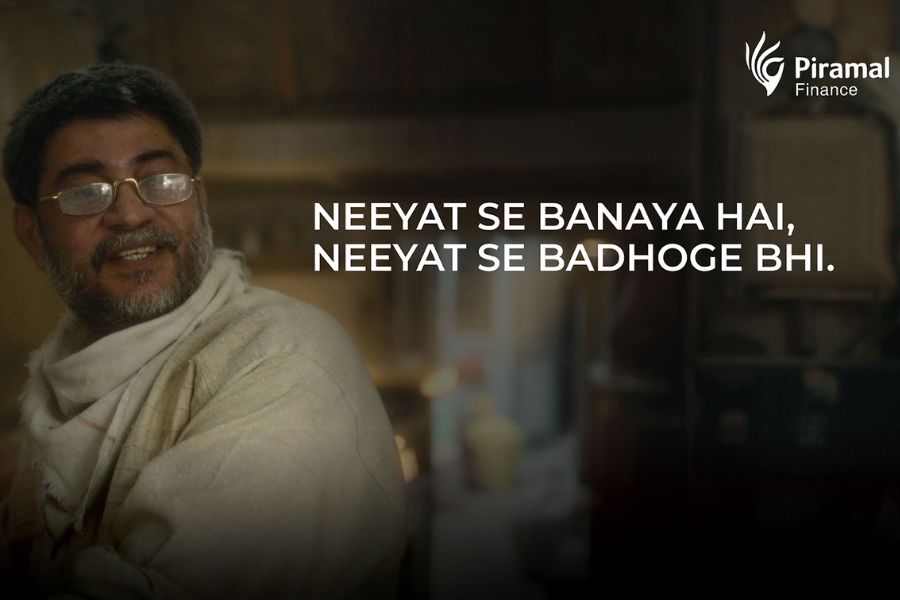The November 2020 Campaign India ‘New Business League’ data by R3 shows some concerning numbers. The total number of business won by advertising agencies between January to November 2020 was Rs. 308.6 crores, down by 44.8% as compared to the same period in 2019. However, the total number of businesses won by agencies is down just by 4.6%
It’s no secret that Covid-19 has hit brands hard; the corresponding dip in the number of business wins isn’t proportional to the size of the shrunken budgets, and that’s worrying.
On a sombre note, Naresh Gupta, managing partner and chief strategy officer and independent agency Bang In The Middle doesn’t expect any miraculous recovery in 2021. He foresees more pressure, culminating in more work and lesser compensation for ad agencies. It’s important to note here, that clients, too are under immense pressure thanks to the pandemic.
Budgetary constraints are also a function of categories; some are on the road to recovery, while others will take longer to normalise. Kawal Shoor, co-founder, The Womb, takes a closer look. “Edtech, fintech, daily use, health and nutrition, and surprisingly, even some durables and real estate, have turned the corner faster, and hence the rebound in sentiment and spending is also more marked. Grooming and other social categories will take longer, and that's expected,” he breaks it down.
On a more positive note, Kunal Jeswani, CEO, Ogilvy India, says there have been also been clients who have not cut budgets at all, and a handful who have actually increased budgets driven by a sense of market opportunity and a need for greater communication support. And there was a “healthy flow” of new business through the year, he claims.
“Our business is simple. We have highly talented resources that are deployed against clients who are willing to pay for them. There has not been a day in 2020 when the overall agency workload shrunk. Our people were fully engaged and fully deployed. Unless clients had to cut fees drastically, we continued to support them fully. Business was hit. Profit was hit. But that was the nature of the crisis,” Jeswani says. According to him, the situation has normalised now, with clients realising that they cannot cut back on spends that keeps their brand relevant.
Pitch report
The pandemic disrupted businesses for a large part of 2020, with the year only looking up around the IPL and festive season. However, the lull didn’t stop brands from calling for pitches throughout the year. Virat Tandon, group CEO, MullenLowe Lintas Group, says that the pitching process has been longer and often without any tangible outcome. His agency cottoned on to this early on, and consequently began to screen leads, only to take up the serious ones and walk away from some. He says, “Mostly, it meant sniffing out the pricing issue before we took the brief.”
There have also been cases clients have called for elaborate pitches and finally retained the incumbent agency for lower rates, Gupta says. Oftentimes, they’ve cited Covid-induced budgetary constraints after the pitch is over. “How do network agencies justify this to their client? How do they agree to drop the price after a pitch, which they could have done it before the pitch and avoided the whole process?” Gupta asks.
The Womb has mitigated this issue by not participating in pitches that have ‘speculative solutions’. Shoor claims the agency does not share any creative or strategy pieces with brands before official contracts are signed.
Free or fee?
This seems like the perfect point to segue into the age-old problem: will a pitch fee help clients become more mindful of conducting inconclusive pitches with long-drawn processes? The AAAI revived this debate in 2020, but the course of action remains unclear. Pitches are a significant cost to an agency; the research, creative, data, strategy and prototypes take up money and resources. Tandon feels “A part of that cost should be covered under a refundable pitch fee that can be adjusted in the future fees should the business be awarded to the agency.” It’s also best to limit the number of pitching agencies to under four, he believes. MullenLowe refrains from participating in pitches that see over four agencies vying for the business. Bang in the Middle draws the line at five.
Jeswani agrees an industry-wide pitch fee is a great idea but is quite impossible to implement at a country level and by global companies. Ogilvy already charges clients who need them to pitch often on projects. “Where clients operate on a project-to-project basis, we have explained to them that it is unviable for us to participate unless there is both a significant pitch fee for each project as well as a significant pipeline of projects in the year,” he says. Ogilvy prefers not to pitch for one-off projects at all, preferring to lay down a scope of work, a process note and a financial proposal instead.
Another way to do is to create an industry-level online platform at the industry level to make the pitch process transparent and ensure accountability, Tandon says. “We should use blockchain technology to ensure that the entire process starting from the Request for Information (RFI) to the final negotiation, and selection, is managed with high standards and is documented. This will take care of the issues around idea shopping, plagiarism, pricing, etc. The pitch fee must be built in to ensure the seriousness and accountability from both sides,” he believes.
At this point, it seems like no governing body will be able to set the ground rules in place, and much less, see to their seamless implementation, especially when the companies themselves aren’t united. Shoor also believes agencies should stop blaming clients. Pitching like ‘desperate salesmen’ does nothing to help be seen as serious consultants, he believes.
Getting through the pandemic
While much has already been said by agency heads on budget cuts and pitching, Gautham Narayanan, managing director, Wieden + Kennedy India, wants to turn this debate on its head. He believes clients and agencies, both, should focus on getting through the pandemic in the best possible way, first. He cites his agency’s relationship (since 2006) with IndiGo Airlines as an example.
“This depth of this partnership helps us focus on the bigger picture – the IndiGo brand across all touchpoints, not just through the narrow lens of advertising. Our history and muscle memory allows us to get to the right solutions faster and more often, which is critical in an always-on marketing world. This doesn't come from short term thinking, it probably won't come from asking multiple agencies to always pitch; it will come from backing an agency, being transparent, trusting their creativity and investing in the relationship for the long term,” Narayanan explains.
Nikhil Dhar, marketing director, IndiGo Airlines, believes when the going gets tough, ‘the tough band together’. During the pandemic, Dhar claims, “We continued to pay the agency as per scope, and in return received smart advice with respect to marketing strategy, brand consultancy, customer engagement programs and even revenue generation ideas to be able to deal with these tough conditions.”
Dhar says that as a brand, the importance of a long-term partnership ith the agency in unparalleled. He is also acutely aware of the false economy of constantly shopping for new ideas. “The strength of the IndiGo brand is built on consistency, trust and on a mutual interest of growth and success between us and Wieden + Kennedy,” he says.




